
The Untold Truth Of Isaac From The Bible
Fascinating and ambiguous characters fill the pages of the Bible, from Noah to Ruth, Esther to David. Some of these people boast whole chapters or even books dedicated to the exploits and struggles surrounding their walks with God. These stories continue to echo down through the ages, providing both inspiration and cautionary tales for followers of the world’s three major monotheistic religions: Judaism, Christianity, and Islam. No wonder the Bible remains the most popular book globally, having sold more copies than any other text on the planet (via What Christians Want).
But one of the most significant characters in the Old Testament (or Hebrew Bible) is a man who gets little lip service: Isaac. According to the Theology of Work, he’s the father of the Jewish nation, the subject of a Messianic-style near-sacrifice, and an exemplar of Biblical marriage. Of course, he’s also known for staunch favoritism of his oldest son, Esau, which caused a negative ripple effect that would prove generational. And some of his other dealings have also inspired mixed reactions.
So, what’s the scoop on Isaac, and why doesn’t he get more airtime in the Bible? Here’s what you need to know about arguably the most intriguing, ambiguous Hebrew Patriarch.
Isaac's conception and birth defied the odds
Everything about Isaac’s birth proved miraculous, according to the Jewish News. After all, his mother, Sarah, could not bear children, and she was 90 years old to top it off! As for his father, Abraham came in at a whopping 100 years old when his son came into the world. Isaac represented a true gift from God (via the Theology of Work). Yet, his remarkable birth doesn’t get much in the way of commentary. Why? There are many potential reasons for this.
Some scholars have concluded that lsaac’s birth wasn’t as remarkable in that period as it is now. What’s more, the Hebrews would have seen all births as manifestations of Providence. There’s also the theory that the ancients related to time and age differently, without the scientific and mathematical precision we emphasize today: “Light and dark and seasonal changes were clearly pertinent, but as the Creation story itself in the opening chapter of the Book of Genesis indicates, it was the process of time rather than its individual details with which the Bible is interested.”
But the uniqueness of Isaac doesn’t stop at his birth, as reported by the Church of Jesus Christ of Latter-Day Saints. Of the eight children born to Abraham, God chose Isaac alone to perpetuate His Covenant, making him a Patriarch of the Chosen people.
His older brother, Ishmael, represented a potential threat
After Isaac’s birth, Sarah suddenly came to perceive Ishmael, Isaac’s older half-brother by her servant Hagar, as a threat (via JBQ News). Although we can only speculate about the reason why, Sarah’s actions proved nevertheless swift and decisive. She immediately demanded that Abraham cast both Hagar and Ishmael out of the tribe. Without the intervention of the Lord, the Egyptian handmaiden and her teenaged son would have died in the desert.
What spurred Sarah’s rapid response? In Genesis 21:9-10, it states, “Sarah saw … [Ishmael] metzahek … She said to Abraham, ‘Get rid of that slave-woman and her child.'” Does the word metzahek have something to do with this cruel reaction? Among the most controversial interpretations of this passage is that metzahek refers to molestation. Why have some come to this conclusion? Because metzahek has numerous meanings in the Old Testament, including “laughing or playing with.” But in Genesis 26:8, the word describes sexual fondling between Isaac and his wife, Rebekah.
So, Sarah caught 16-year-old Ishmael acting inappropriately with her 3-year-old boy? We may never know, but it would explain her swift action. Of course, what raised Sarah’s ire could have proven far more straightforward. Other scholars suggest Ishmael mocked or laughed at his younger brother, per the Swedenborgian Church of San Francisco. Or perhaps truly innocent laughter and playing together made Sarah realize Ishmael’s influence over Isaac would be unstoppable. Whatever the reason, banishment left Isaac an instant only child.
Isaac and Ishmael represent the fathers of two peoples
In the biblical tradition, Isaac and Ishmael each fathered a nation (via Christianity). According to prophecies in Genesis, an Angel of the Lord declared Ishmael the future father of a noble and free people who would live in the desert. And Isaac became the father of the Hebrew nation through Abraham’s covenant with God.
An angel delivered the prophecies about Ishmael’s future to his mother, Hagar, during two episodes where she found herself alone and hopeless in the desert (via Learn Religions). Both times, the angel intervened, saving her life and that of Ishmael. During these encounters, Hagar learns that Ishmael will be “a wild donkey of a man … [and] his hand will be against everyone, and everyone’s hand against him.” While this doesn’t sound like a blessing on face value, we must consider these words from the point of view of an ancient. During this period, people considered wild donkeys the “aristocrat(s) of the wild beasts of the deserts.” What’s more, the nomadic people Ishmael would give rise to would resist domination by others, remaining free from outside rule.
As for Isaac? He inherited all the blessings that God promised Abraham in their covenant, according to the Chabad. As a result, Isaac became the father of two nations, one through Esau and the other through Jacob. Jacob would eventually change his name to Israel, acting as the father of the Israelites.
They also symbolize different relationships with God
Many readers of the Bible tend to focus on Ishmael and Isaac’s roles as fathers of two different nations and religions, per the Chabad. But some scholars also teach that Ishmael and Isaac are symbolic of two different ways of relating to God — by natural means and supernatural means. What’s the meat of this argument? It starts with the circumstances surrounding their births.
You see, Ishmael’s birth is represented as a natural event, determined through human intervention not only on the part of Hagar and Abraham but also Sarah. She gave her handmaiden (Hagar) to her husband. (This represented a common practice among barren women in this period.) As for Isaac, we’ve already discussed his conception and birth as absolutely supernatural and (seemingly) without precedent.
But the natural versus supernatural indicators don’t stop there. Ishmael gets circumcised at 13 years old, known in the Hebrew tradition as the age of daat or awareness. But Isaac undergoes circumcision on the eighth day after his birth when he can’t possibly fathom what’s taking place, let alone its significance. Of course, the prophecies and covenants under which both men act are God-manifested and angelically ordained (via Bible Tools).
Isaac almost became a ritual sacrifice
The world’s three major monotheistic religions converge at the story of Isaac’s near-sacrifice, according to The Maydan. Yet, this event gets interpreted slightly differently based on the belief system. In Christianity, Isaac is often depicted as a scared teen oblivious to his father’s intent. Yet, Isaac also foreshadows the sacrifice Jesus Christ would make thousands of years later on the Cross. The Dallas Leadership Foundation notes that some scholars believe Golgotha (where the Crucifixion took place) and Mount Moriah (where Isaac almost died) are one and the same.
Islam remains unclear about which son became the target of Abraham’s sacrifice. Some argue that Abraham bound and placed Ishmael, rather than Isaac, on the sacrificial altar, per Biblical Archaeology. What religious significance does this swap have? Many Muslims see this event as ushering Ishmael into the covenant made between God and Abraham.
But Jewish interpretation presents another angle. The event, known as the Akedah or the binding of Isaac, depicts him as a fully grown adult male between the ages of 25 and 30. In other words, rather than getting tricked or ambushed by Abraham, Isaac willingly participated in his sacrifice. According to Biblical Archaeology, “Isaac is portrayed as the prototype of the voluntary and joyful martyr, willing to go bravely to his death.”
His name means 'laughter' for many reasons
When Sarah first heard the prophecy that she would bear a son prophesied by an angel, she reacted in a less-than-pious way. According to Bible Ref, she laughed. Why? Because of the ridiculousness of a 90-year-old woman giving birth. To commemorate this event, she named her newborn baby Isaac, meaning laughter: “God has brought me laughter, and everyone who hears about this will laugh with me.”
Some biblical researchers have also suggested that during the Akedah, Isaac knew God wouldn’t demand his death. In an interview with Amanda Grace of Ark of Grace Ministries, a Jewish-Christian commentator named Jonah suggests Isaac may have even laughed inwardly, knowing God would provide the ram. Other scholars have suggested that Abraham’s blind obedience to God may have even proven displeasing to the Lord. As Women in Theology asks, “What if Abraham’s response isn’t the one God is looking for? What if Abraham is taking faithfulness to an ungodly conclusion?” The answers to these questions may prove unknowable, but they add fascinating context to the exchange.
According to Maverick, there’s also the interpretation that Abraham knew all along that God would provide another sacrifice. After all, he instructed his servants to wait for both men to return. In this interpretation, perhaps Abraham and Isaac laughed together as they headed back to the servants awaiting them. After all, a good laugh would have likely been in order after so much tension.
Isaac became the envy of his neighbors
While life with Abraham had its ups and downs, namely almost getting sacrificed, Isaac inherited much from his father (via the Theology of Work). This included not only the covenantal relationship with the Lord but also the family business. After the death of Abraham, Isaac dedicated himself to agriculture.
As quoted in Biblia, “Isaac sowed seed in that land, and in the same year reaped a hundredfold … He had possessions of flocks and herds, and a great household, so that the Philistines envied him.” Because of the jealousy his prosperity engendered, the Philistines filled wells dug by Abraham with dirt. And Abimelech, a local leader, ordered Isaac to take his family and flocks and move along because, “You have become too powerful for us.”
Despite Philistine sabotage, no retaliation or warfare from Isaac’s side took place. Instead, he restored the damaged wells. And when his success again drew the ire of locals? Isaac negotiated an agreement restoring peace between his family and Abimelech and the Philistines.
Isaac wasn't a perfect person
Despite his many strengths, Isaac was also a product of his environment, according to the Bible Hub. Raised as an only child by two parents of advanced age, he likely enjoyed a coddled existence. This upbringing may have later manifested as indifference, inactivity, and weakness. Do these negative qualities manifest themselves in the story of Abimelech and the wells? Some scholars believe the answer’s a firm “yes.”
But it’s important to remember that one man’s flaw is another’s virtue. Other scholars see this account as symbolic of his role as a peacemaker (via eLibrary). According to Radiant Fairbanks, “Isaac … stands out as an example of a peacemaker.” The theories don’t end there, however. Some have suggested that Genesis tells us that Isaac experienced blindness and other infirmities as an older man.
Many hypothetical diagnoses have been put forth over the years, including cataracts and dementia. Some scholars have also suggested he suffered from diabetes and secondary conditions like autonomic neuropathy. These infirmities may have significantly impacted how he interacted with neighboring peoples. Nevertheless, as What Christians Want to Know points out, “Isaac’s story shows us that how we are raised can be detrimental, but it does not prevent us from having a right relationship with God and raising children a better way.”
Isaac let God do the matchmaking
Some people use their network of friends to find a soulmate, while others join a matchmaking website and hope for the best. Of course, ancient nomadic peoples didn’t have the internet, and their social networks proved limited. But for a faithful man like Isaac, this never proved a problem, according to Learn Religions.
Instead of choosing a spouse for himself, Isaac trusted God with the matter, as reported by the Theology of Work. This strategy led to a series of miraculous events worthy of spotlighting in the Bible. In a nutshell, Abraham sent his servant Eliezer to his homeland to bring a wife back for his son. After praying to God, Eliezer sat by a well where local women drew water. He waited for the right woman for Isaac, based on signs from God. Rebekah fulfilled these signs to a tee, winning the acclaim and admiration of the servant. Yet, he couldn’t compel her to return with him to Isaac without her consent. Astonishingly, the brave young woman chose to go back with Abraham’s servant to marry Isaac, man unseen.
How did God do as a matchmaker? The proof was in the pudding, according to Preaching. In an era when polygamy marked the norm, Isaac bucked the trend because the Bible tells us quite emphatically that “he loved her.” Isaac remained faithful to Rebekah throughout his lifetime, even contradicting the traditions of his forefathers, according to Give Share. Among the Old Testament patriarchs, the only one that modeled an ideal biblical marriage would be Isaac (via Bible Hub).
Favoritism negatively impacted Isaac's family
When Rebekah initially proved unable to have children, Isaac’s faith and prayers to God resulted in the warring twins Esau and Jacob, as reported by Learn Religions. Although Isaac and Rebekah enjoyed a love story made in heaven, they each shared the same parental flaw — favoritism (via the Berwick Church of Christ). While Isaac lavished affection on the uber-masculine, exceptional hunter Esau, Rebekah spoiled Jacob, teaching him the fine art of deceit and trickery along the way.
Rebekah came up with a plan permitting Jacob to steal his brother Esau’s blessing. It involved dressing Jacob in furs so that he resembled the very hairy Esau and then providing him with savory meat to offer to his father for the blessing. At this point in his life, Isaac had poor sight and perhaps suffered from dementia because he fell for the silly trick … hook, line, and sinker.
But even Jacob had second thoughts about the whole stratagem, protesting against his mother’s instructions. Her reply? “My son, let the curse fall on me. Just do what I say” (via the Independent Tribune). Although hesitant, he complied with his mom, stealing his brother’s blessing and causing a generational schism in the family.
Isaac's legacy proves mixed
When you hear the name Isaac from the Bible, what do you think of? Maybe his miraculous birth to elderly parents? His role as a Hebrew patriarch? Or perhaps you think of the Akedah where Isaac voluntarily submitted to being bound on a sacrificial altar? As reported by JBQ New, “[Isaac] is portrayed as a full partner with Abraham in his own submission to God’s request for sacrifice.” No matter which of these events from his life come to mind, one thing’s for sure. He’s one of the most significant yet enigmatic characters in the Bible.
Despite his early successes, Isaac would have trouble recognizing, let alone submitting, to God’s will when it came to his twin sons. Why? Because of his heavy favoritism of Esau over Jacob. Of course, his wife, Rebekah, famously returned the favor, helping their son Jacob outmaneuver his older brother. Overall, Isaac’s legacy proves a mixed one that established the Israelites (through Jacob) yet created permanent division within his family.
Isaac also boasted one of the most faithful and loving models of marriage found in the Bible, despite the couple’s parenting flaws. And his sons fathered their own respective nations. Every year, during the Jewish festival of Rosh Hashanah, the story of Isaac’s near-sacrifice gets read in synagogues worldwide (via My Jewish Learning). The shofar, a traditional musical instrument from the horn of a ram, is blown in remembrance of one of the Old Testament’s most important yet least detailed characters.
241 thoughts on “The Untold Truth Of Isaac From The Bible”
Leave a Reply
You must be logged in to post a comment.
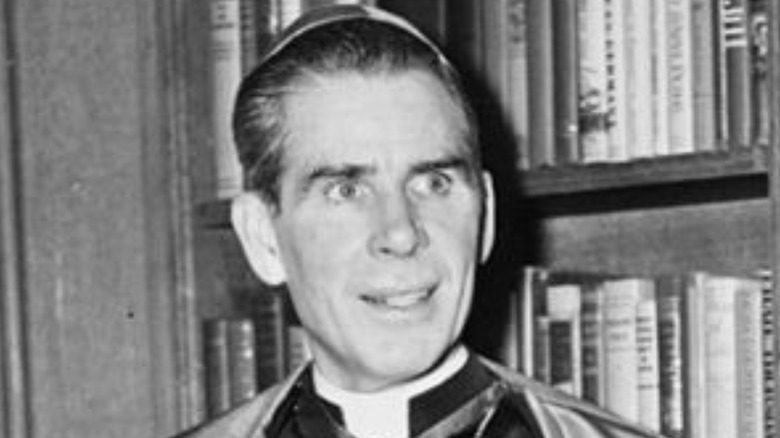
The Untold Truth Of Archbishop Fulton J. Sheen

Europe's Most Dangerous Cities

The Surprising Thing Hunter S. Thompson Did At John Oates' Cabin

The Mythology Of Athena Explained

The Truth About Andy Kaufman's Imaginary Feud With Jerry Lawler

Messed Up Things That Happened During The Mexican-American War

Why Did The U.S. Enter The Korean War?
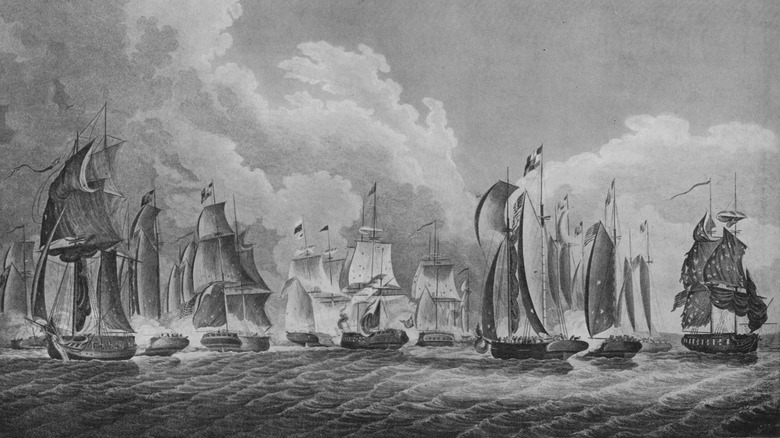
This City Was Captured For Over A Year During The War Of 1812
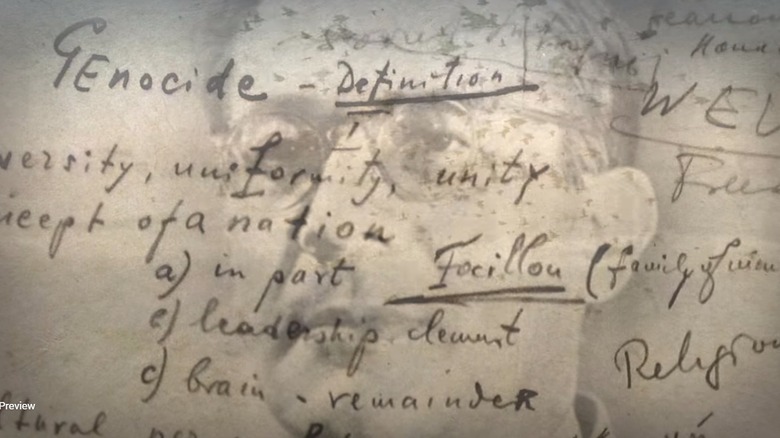
Here's Where We Got The Word 'Genocide'

What You Didn't Know About The SPAM Museum
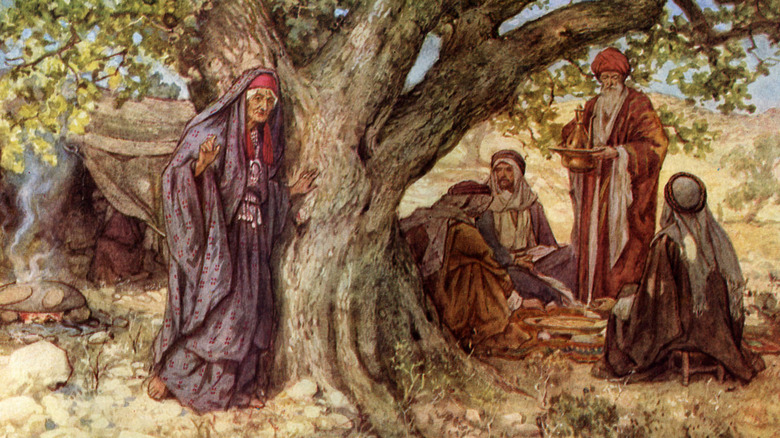
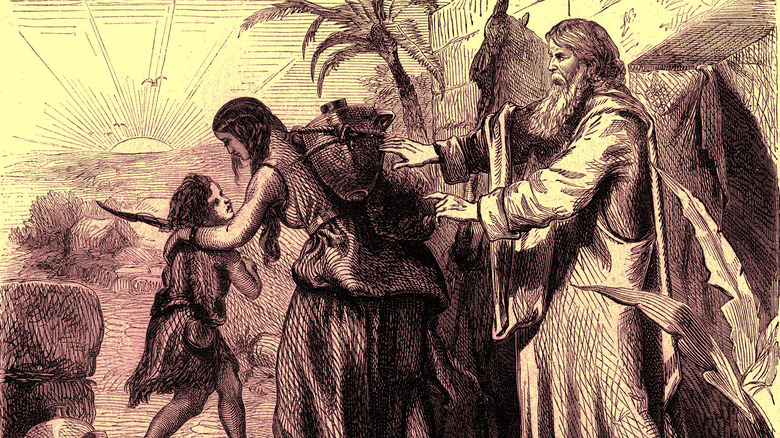

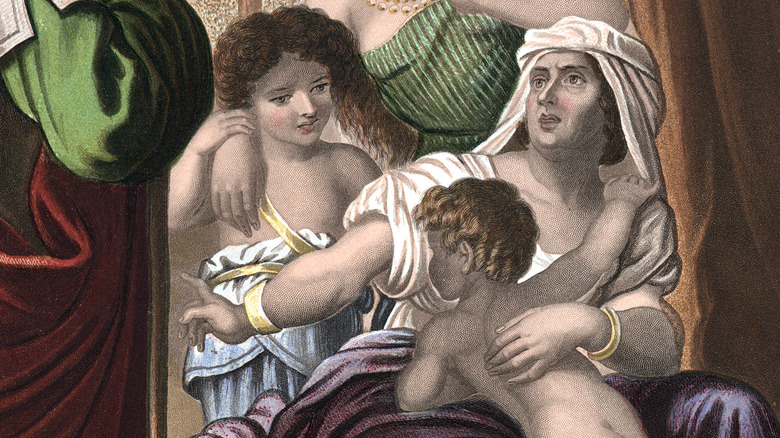

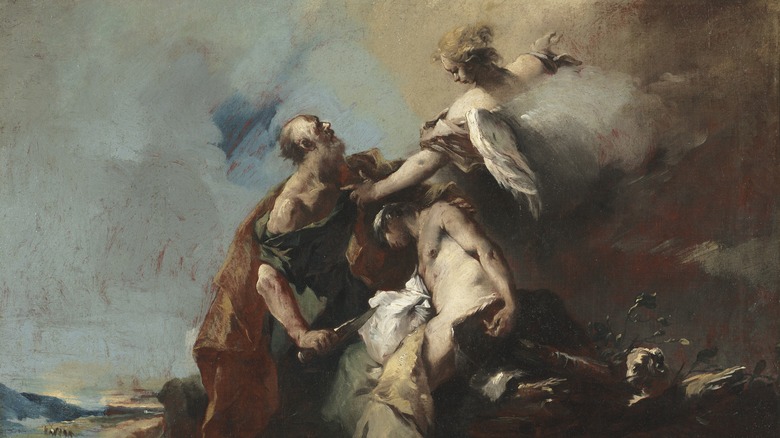

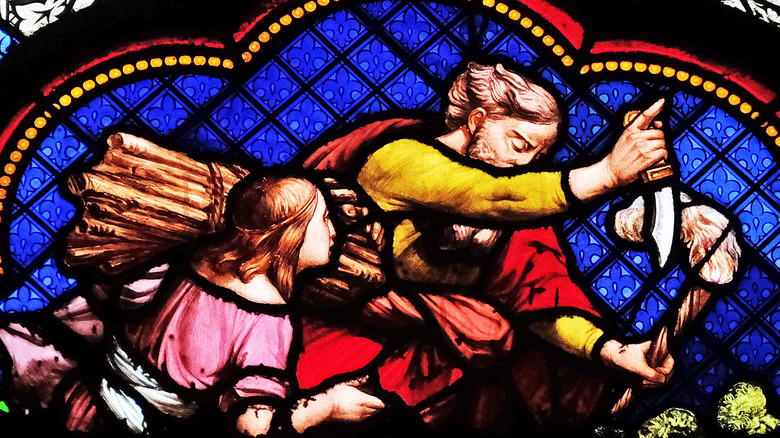
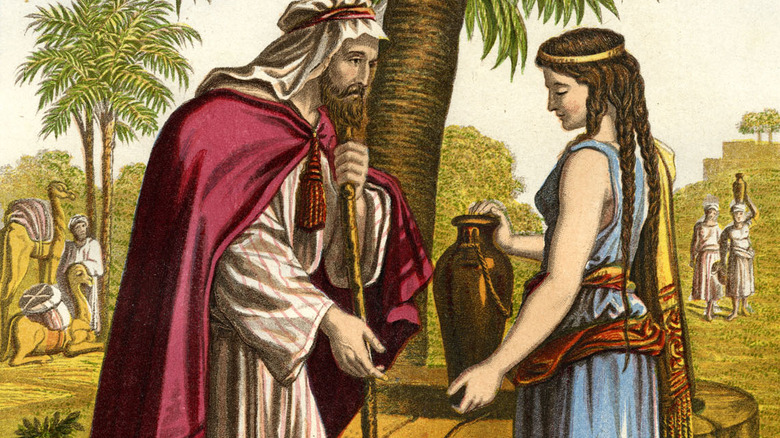
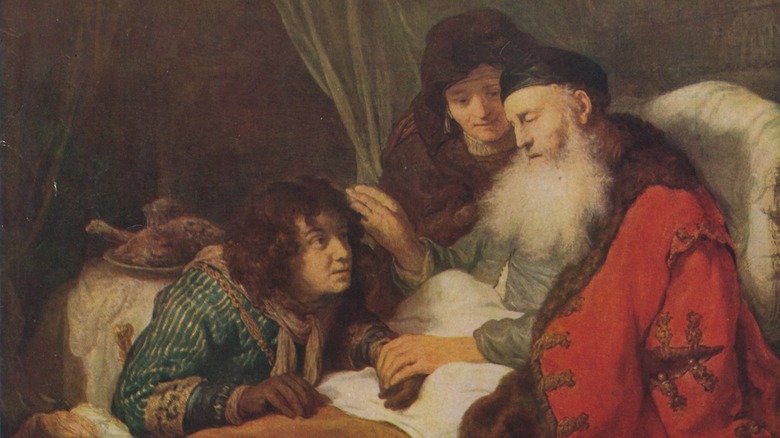
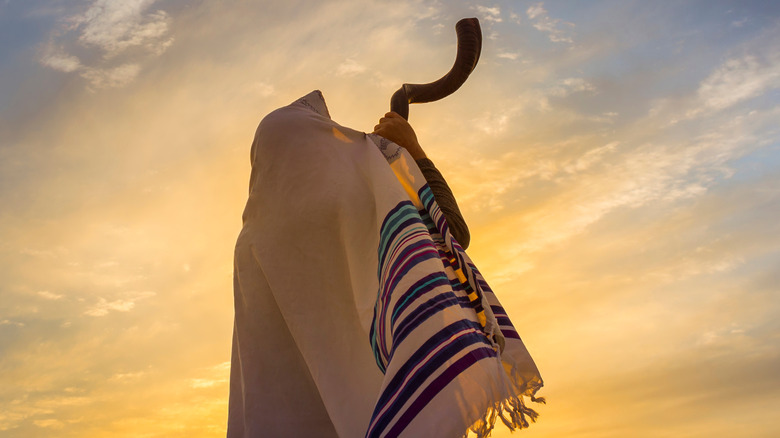











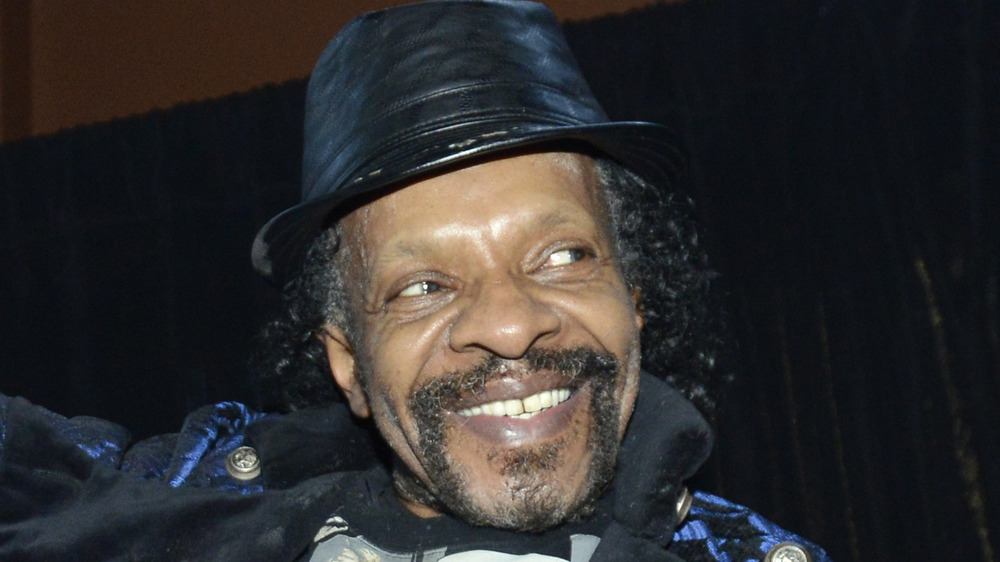

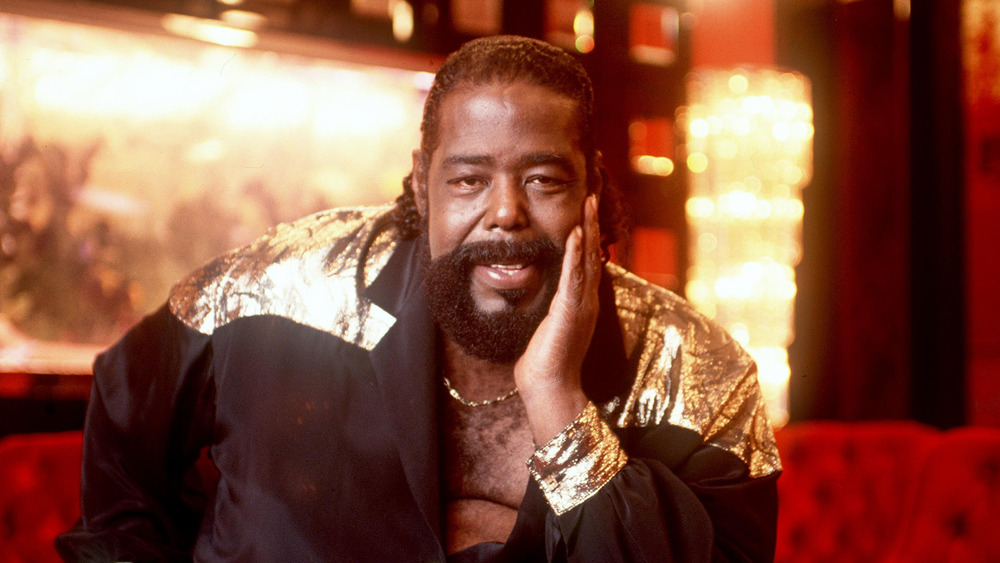
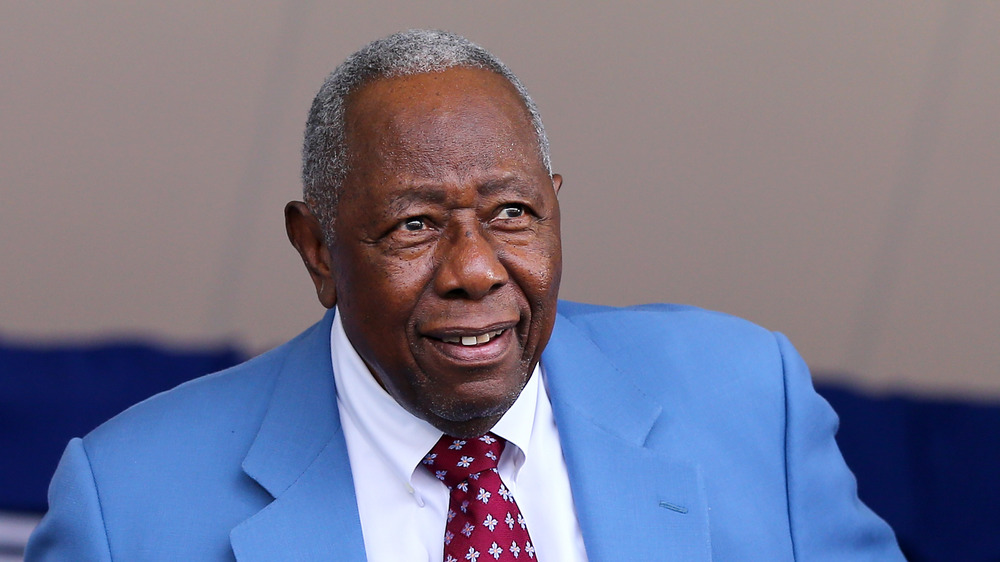










Merely wanna comment that you have a very nice web site, I like the design it actually stands out.
I simply could not depart your web site prior to suggesting that I extremely enjoyed the standard information a person supply on your visitors? Is going to be back often in order to inspect new posts
Great goods from you, man. I’ve be mindful your stuff prior to and you’re simply too wonderful. I really like what you’ve acquired here, really like what you’re stating and the best way in which you are saying it. You are making it entertaining and you still take care of to stay it smart. I cant wait to read far more from you. This is actually a great site.
Thanks designed for sharing such a nice idea, piece of writing is pleasant, thats why i have read it completely
Everything is very open with a very clear explanation of the issues. It was really informative. Your website is very useful. Thank you for sharing!
Hi i am kavin, its my first time to commenting anywhere, when i read this post i thought i could also make comment due to this sensible post.
Post writing is also a fun, if you know after that you can write or else it is complex to write.
Unquestionably consider that that you stated. Your favourite justification appeared to be at the internet the simplest thing to take into account of. I say to you, I definitely get irked at the same time as other people consider worries that they plainly do not recognize about. You controlled to hit the nail upon the top as smartlyand also defined out the whole thing with no need side effect , other people can take a signal. Will likely be back to get more. Thank you